My father, eventually finding the tiny button, switched his mobile phone on.
Because its battery was flat, it immediately switched itself off again.
“Is it on now?”
“No, it’s switched itself off.”
“But I’ve just switched it on.”
“Yes, but its battery’s flat so it switched itself off again.”
“So can people ring me now?”
“Well, they can, but it won’t ring because it’s switched off.”
“But I’ve just switched it on.”
“Yes, but its battery’s flat so when you switch it on it immediately switches itself off again.”
“So how do I know its battery’s flat?”
“Because it’s switched itself off.”
“So how do I know it’s off?”
“Because the screen’s gone blank.”
“Well, I wouldn’t notice that, would I, if I’ve just switched it on. How on earth do they expect you to spot a thing like that?”
Who needs a mobile phone? The old, that’s who, more than anyone else, for when they go out and the car breaks down or the bus is late or the weather turns bad. And by “old” I mean the over eighties, and I’m not using any tactful terms like “elderly”, I mean “old”. There are lots and lots of them, the active over-eighties, and there will soon be more.
And they haven’t got mobiles, mostly, because they can’t work them. All right, the cost may come into it, but I’d be willing to bet that one look at all those fiddly little buttons and menus puts them all right off.
So Vodafone decided there was a gap in the market and produced a phone for the old (whatever else they pretend it is, that’s what it’s trying to be).
They called it the
Vodafone Simply. And, like a fool, I let my father buy one. And it’s rubbish.
The Top Man at Vodafone clearly thought it would make them look good if they produced a phone for old people. And then they thought, hang on, there’s never going to be any money in this, because all these old codgers are only going to use these phones in emergencies to tell their daughter their car’s broken down. So they got their youngest trainee phone designer – let us call him Kevin – and asked him to design it.
But Kevin, of course, became a phone designer because he was good at using mobile phones. He lived for using his and it had all the latest gadgets. Texting, sending pictures, videos, the internet - - he loved it all.
So his idea of “simple” was not the same as yours or mine, let alone my father’s.
Look at the website. “Big buttons” it says of the Sagem VS1, which is the phone my father has. What? Somewhere deep in the heart of Fairyland lives Millie, the tiniest fairy of all. And she is using buttons BIGGER THAN THESE to do up her underwear.
And to use these tiny buttons, look at the simple instructions.
“You can also access your voicemail with the usual shortcode. To listen to your voicemail again, press the Log button and choose Voicemail.”
Oh yes, that’s going to mean a lot to the generation that fought Hitler, isn’t it?
There are helpful Tips too. If you can get at them.
“To access the full collection of tips from the Home screen, press Settings and then All Tips.”
Pressing one button and then ANOTHER button is NOT GOING TO HAPPEN, okay? Nothing in life has prepared my father for two-button sequences and he's not starting now.
What’s needed is a BIG phone. Twice the size of a normal mobile, at least. Okay, so it’s going to be heavier, but at least it’s harder to lose and then you can have proper BIG BUTTONS.
When it’s ON it should say ON. All the time. It doesn’t need any facility for saving numbers. The numbers are in the diary in the top pocket and that’s where they’ll be found if needed, thank you. It needs clear, written instructions that scroll down the screen by themselves.
“Someone has left you a message. Press One to listen to it.”
It doesn’t need any facility for texting. Forget it. Neither does it need a “Silent” setting. Once switched to it, it would be switched to Silent for ever and its owner would never receive another phone call.
It needs to be able to make calls, and receive them, and that’s it.
Might it not have been a good idea, Kevin, to ask the potential customers what they wanted? Of course, Kevin thinks anyone over forty uses a Zimmer frame and the idea of talking to anyone over eighty is incomprehensible to him.
And, of course, to come back to my earlier point, there’s no money in it. The over-eighties just aren’t going to chat to all their friends on their mobiles, running up huge bills. So, however much Vodafone – or any of the other phone companies - pretend they care, they really, really don’t.
Meanwhile, if you want to buy a phone for an old person, get a Nokia. It’s not ideal, but it’s far easier to use than a Vodafone Complicated.
 As I drove into the land of Remote last Friday (which, you may recall, involved going across TWO CATTLE GRIDS) I could tell already that I would like it, and I stopped to take this photo as I approached the cottage.
As I drove into the land of Remote last Friday (which, you may recall, involved going across TWO CATTLE GRIDS) I could tell already that I would like it, and I stopped to take this photo as I approached the cottage.

 There are many walks in the area that we didn't have time to do. I'd certainly recommend it and hope to go back.
There are many walks in the area that we didn't have time to do. I'd certainly recommend it and hope to go back.


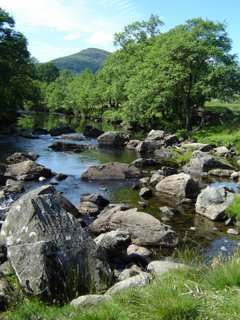








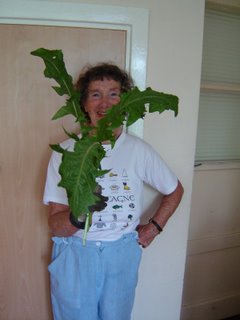
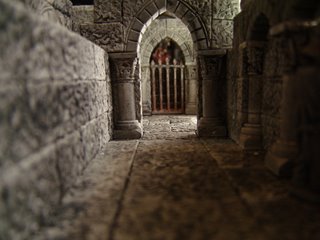





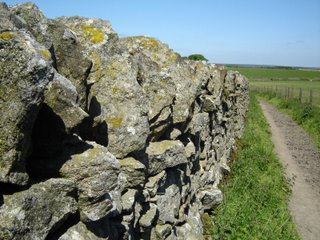
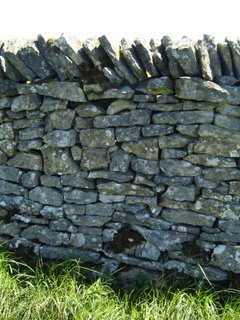
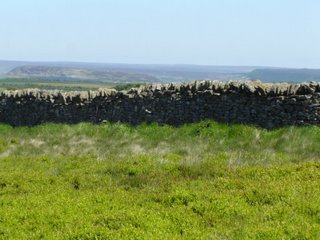 Wire fences, in comparison, are dull, ugly and have far fewer uses.
Wire fences, in comparison, are dull, ugly and have far fewer uses.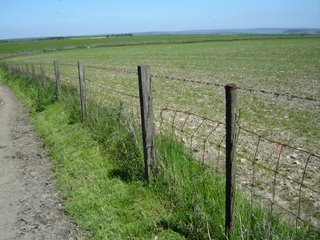
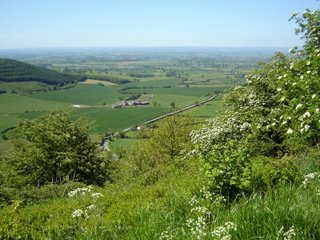

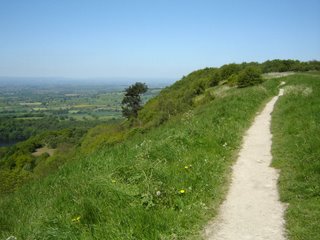





 Emily's AS-level history revision about the Chartists and the Reform Bill Crisis 1830-1832.
Emily's AS-level history revision about the Chartists and the Reform Bill Crisis 1830-1832.
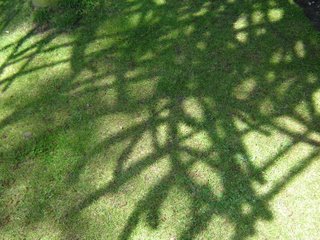
 Some people love them - majestic, characterful - some hate them - gloomy, Victorian! I love them - they are so strange and remind me of a Victorian country house in the Lake District where we used to stay. They were imported into Britain from the eighteenth century onwards as part of people's unusual plant collections.
Some people love them - majestic, characterful - some hate them - gloomy, Victorian! I love them - they are so strange and remind me of a Victorian country house in the Lake District where we used to stay. They were imported into Britain from the eighteenth century onwards as part of people's unusual plant collections.
